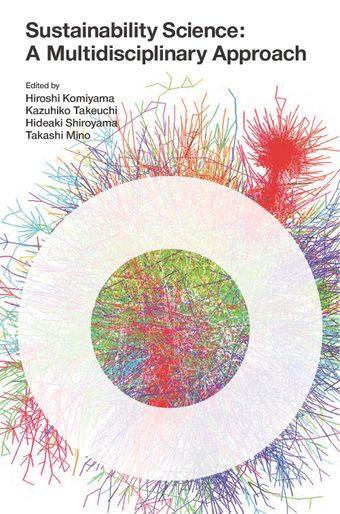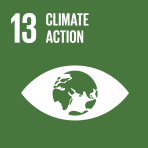- Home
- Books
- Sustainability Science
- Chapter
Practices and barriers in sustainability education: A case study of Osakas university

- Authors: Michinori Uwasu, Michinori Kimura, Keishiro Hara, Helmut Yabar and Yoshiyuki Shimoda
- Main Title: Sustainability Science , pp 399-408
- Publication Date: October 2013
- DOI: https://doi.org/10.18356/f9d80a63-en
- Language: English
Behind the recent recognition of sustainability as an educational theme are growing concerns about climate change and the increasing environmental impacts of human activities. Sustainability education is essential for building sustainable societies that can overcome global environmental problems in relation not just to the environment but also to existing social and economic systems. However, conventional education at universities has not yet fully addressed the implementation measures required for developing the human resources that can contribute to resolving these problems. Conventional specialized instruction in the modern natural sciences and social sciences is representative of Descartes’ reductionism in that its objective is to acquire the necessary skills from the knowledge systems developed through this education, but in doing so no fundamental attempt is made to answer questions beyond the scope of such systems. Hence something is needed that goes beyond the boundaries of conventional professional education in order to provide an education that offers comprehensive solutions and visions pertinent to the issues addressed by sustainability.
© United Nations
ISBN (PDF):
9789210563260
Book DOI:
https://doi.org/10.18356/6ababf78-en
Related Subject(s):
Environment and Climate Change
Sustainable Development Goals:
-
From This Site
/content/books/9789210563260s007-c006dcterms_title,dcterms_subject,pub_keyword-contentType:Journal -contentType:Contributor -contentType:Concept -contentType:Institution105
/content/books/9789210563260s007-c006
dcterms_title,dcterms_subject,pub_keyword
-contentType:Journal -contentType:Contributor -contentType:Concept -contentType:Institution
10
5


